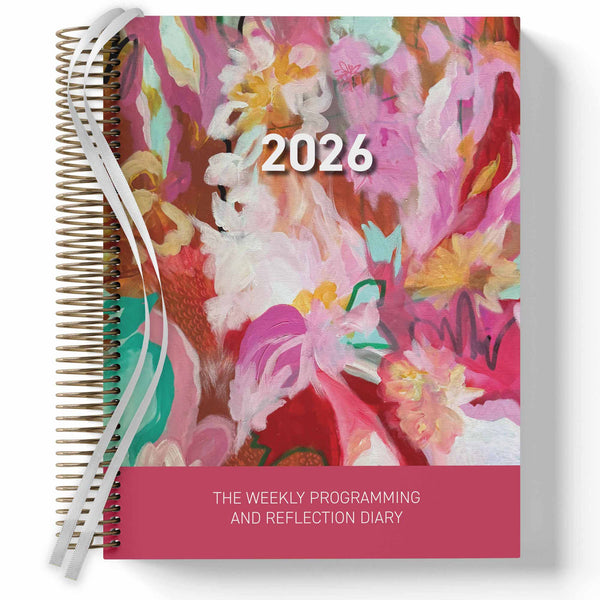Butler Buzz
-
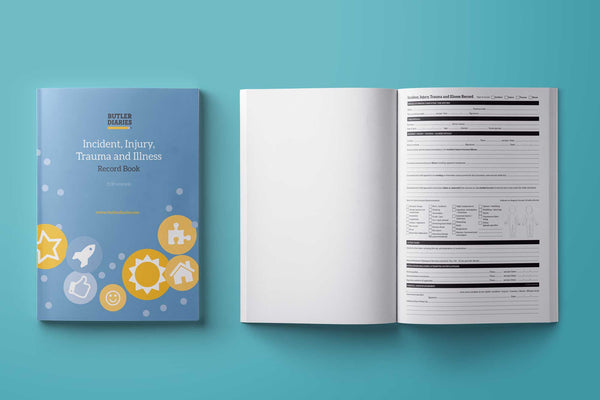
What's the best way to communicate with parents about accidents and injuries?
What's the best way to communicate with parents about accidents and injuries? Communicating with parents about accidents and injuries in early childhood education settings should be handled with care, transparency, and professionalism. Here are some best practices. -

Tips for Programming for Babies in the Weekly Programming and Reflection Diaries
The Weekly Programming and Reflection Diaries are designed to capture programs from babies through to school aged children. Slightly adapting the way you approach programming is what will help you complete your program. This article will support you to implement the Butler Method for younger age groups.
-
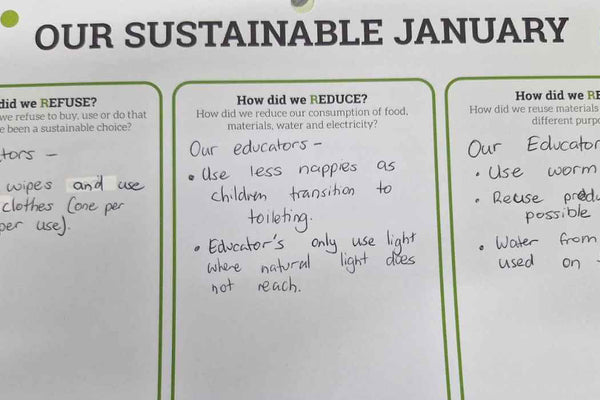
An Example of the Sustainability Calendar: QIP in Action
We recently received an example of the Sustainability Calendar and how it is being used to show the Quality Improvement Plan in Action, check it out. -
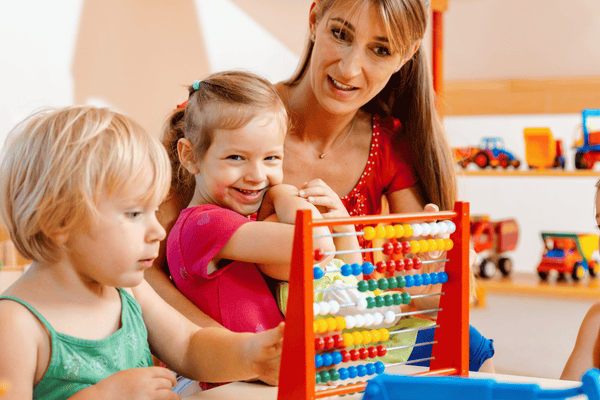
Smooth Transitions: Tips for Starting a New Role as an Educator Mid-Year
Starting a new role as an educator halfway through the year can be both exciting and challenging. Whether you're joining a new early childhood education and care (ECEC) centre or transitioning to a different classroom, here are some helpful tips to help you make a smooth transition and thrive in your new role... -

Tips for Gathering Input into the QIP in ECEC
Collaborative efforts are essential for driving continuous improvement and ensuring the highest standards of care and education for children. Central to this is the Quality Improvement Plan (QIP), a cornerstone document that outlines a service's goals, strategies, and actions for enhancing quality. Here are some invaluable tips for effectively eliciting your team's input into the QIP... -

Tips for Running Effective Staff Meetings in Early Childhood Education and Care
Staff meetings in ECEC serve as vital platforms for collaboration, communication, and professional growth. However, orchestrating productive gatherings requires careful planning and execution. So here are some valuable tips to help educators and leaders navigate the path towards successful staff meetings... -
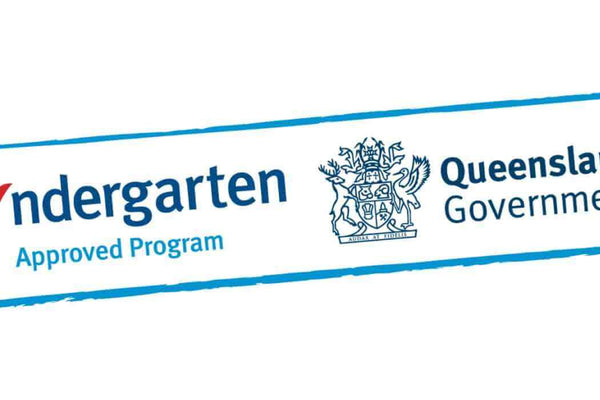
Understanding Queensland Kindergarten Funding: A Snapshot Guide for Approved Kindergartens
Navigating the intricacies of Queensland kindergarten funding is crucial for approved kindergartens to effectively manage resources and provide quality early childhood education. This article aims to demystify the process, detailing when funding is received, how it's accessed, timelines for usage, and permissible expenditures. -

Strategies to Reduce Staff Turnover in Early Childhood Education and Care
Staff turnover can be a significant challenge. High turnover not only disrupts the continuity of care for children but also impacts the overall stability and effectiveness of the educational environment. However, by implementing strategic measures, centres can mitigate turnover rates and foster a more supportive and engaging workplace culture. Here are some effective strategies... -
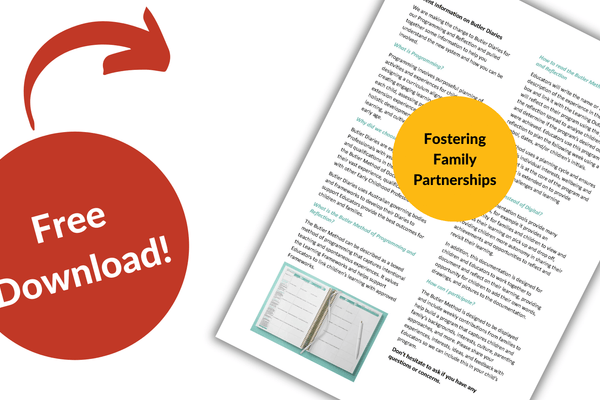
Supporting Families to Understand the Butler Method: Free Parent Information on Butler Diaries
Embark on a shared journey of learning and growth with families by downloading our free Parent Information on Butler Diaries factsheet that supports families understand programming, the Butler Method, the benefits of written records, and how to read and participate in your program. -
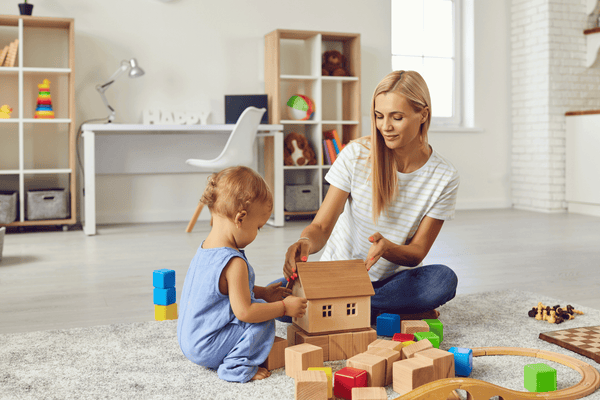
The Pros and Cons of Offering Babysitting Services to Families from Your ECEC
Educators often find themselves contemplating the idea of extending their services beyond traditional hours to offer babysitting to families. While this may seem like a convenient solution for parents and an additional source of income for educators, there are several pros and cons to consider before accepting a request from a family member... -
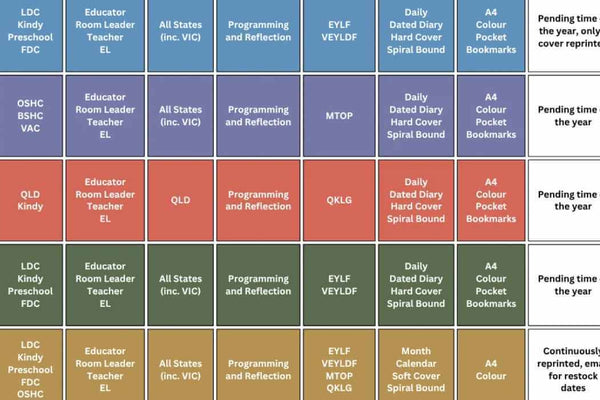
Which Diary is right for me?
Here is a visual guide of which Butler Diaries may be right for you. Check out their purpose, who they are designed for, what's included and what variations are available. -

7 Behaviour Techniques for ECEC with Links to Theorists and Reflection Points
In Early Childhood Education and Care (ECEC), effective behaviour management techniques are crucial for creating a positive learning environment. Here are some techniques along with links to relevant theorists or research to support you in your practice and reflection... -
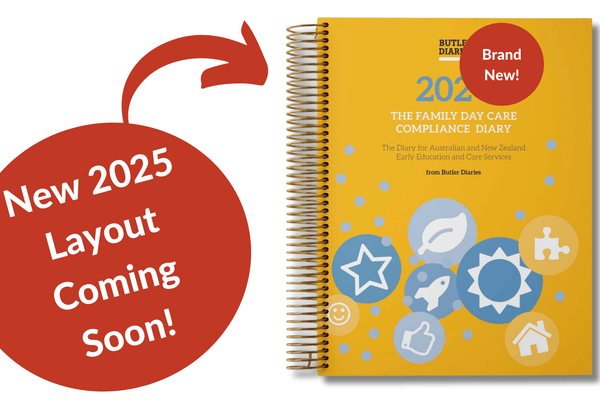
Family Day Care Compliance Diary: What's New
We collected your feedback and made some changes to the Family Day Care Compliance Checklist Diary. We have now jam packed more of your compliance needs into the same Diary while reducing how bulky it is! Sounds impossible we know, but we did it! Here we go through the changes and give you some examples...
-
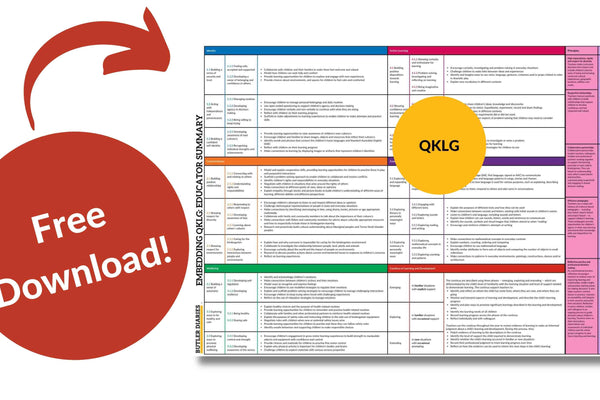
Free QKLG Download: Embedding QKLG into Practice Educator Summary Poster
We delve into the significance of integrating the QKLG into practice and explore the practical application of the Continua of Learning and Development. We've also included a free download, "Embedding QKLG Educator Summary" to support you in your programming, reflections and practice. -
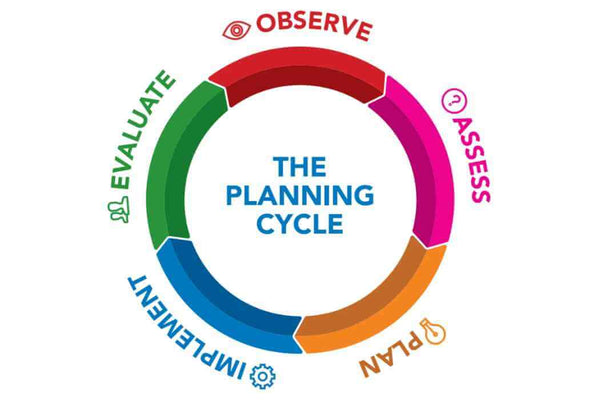
A Practical Example of a Cycle of Planning
Here is an example of what a cycle of planning might look like... -

Where to find examples of the OSHC Weekly Programming and Reflection Diary?
We have a ton of examples and support available for our Weekly Programming and Reflection Diaries... here's how to find them. -

FAQs on the OSHC Diary
The OSHC Diary is a compliance tool for those working in Outside School Hours Care. It captures medical notifications, birthdays and celebrations, children leaving for activities, casual bookings and cancellations, family communication and visitor sign-ins. This means much of your compliance requirements are recorded in the one place and OSHC Educators and Leaders have a daily glance of what's happening inside the service to support supervision, children's inclusion and legal requirements. -

Mastering the Role of Director in Early Childhood Education and Care (ECEC): Tips for Success
As a director in ECEC, your responsibilities extend beyond mere oversight; you are the orchestrator of a nurturing environment where children thrive and develop essential skills. Excelling in this role requires a blend of leadership, passion, and adherence to quality standards, here are some tips... -
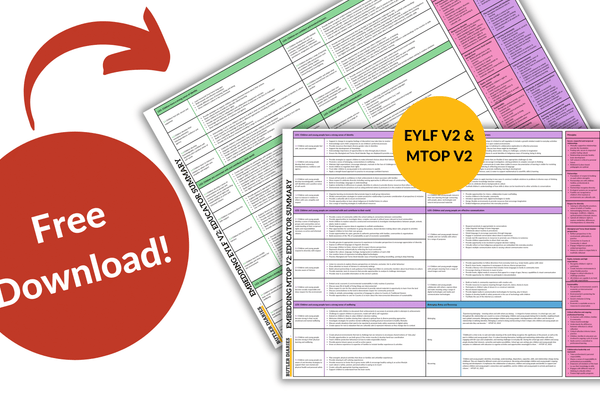
Free EYLF Download: Embedding V2 Educator Summary Poster
With the release of the Early Years Learning Framework Version 2 (EYLF V2) and My Time Our Place Framework Version 2 (MTOP V2), educators have a powerful tool at their disposal to enhance the learning experiences of young children. In this guide, we delve into the significance of V2 and offer insights into effectively embedding it into practice. We've also included a free download, "Embedding V2 Educator Summary" to support you in your programming, reflections and practice. -
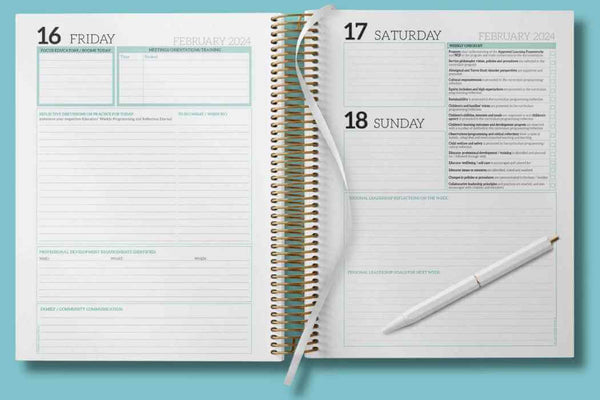
A Quick Guide to the Educational Leader Diary with Examples
The Educational Leader Diary when used correctly acts as a Reflection Tool and shows how critical reflection is being used within the team to improve outcomes for children. It demonstrates and captures evidence of the role of the Educational Leader and the work they are doing to support Educators. Here's a quick guide to the Educational Leader Diary to maximise the way it's being used in your service. -
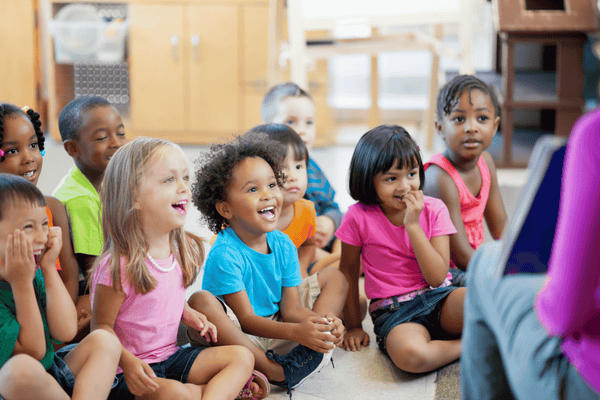
20 Engaging Group Time Experience Ideas for ECEC
Group times are a cornerstone of Early Childhood Education and Care (ECEC). They offer opportunities for children to learn, engage, and connect with their peers and educators. To make group times truly enriching and captivating, it's important to have a variety of activities at your fingertips. Here are 20 engaging group time experience ideas that align with EYLF, ensuring a holistic and stimulating learning environment. -
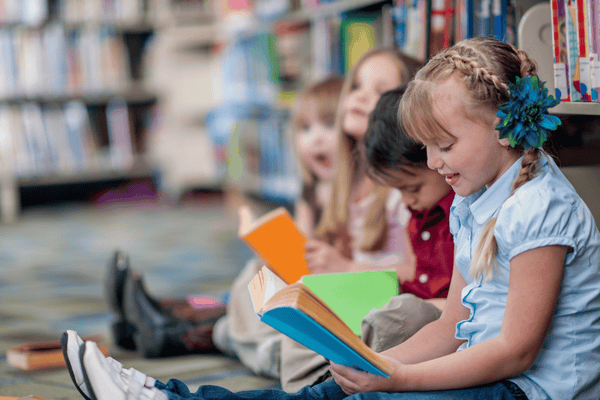
Tips for Involving the Community and Building Connections in your ECEC
Fostering strong connections with the community has become increasingly vital. Not only does this collaboration enhance the overall experience for children, families, and educators, but it also aligns seamlessly with the principles of the EYLF. Here's some tips and strategies for including the community in your ECEC service with links to EYLF. -

Updated Food Standard Code and Expectations for ECEC
You are most likely aware of the updated Food Standard Code 3.2.2A that came into effect on the 8th of December. Since its almost been a month and you may have been busy in the lead up to Christmas, here is a summary to make sure you're on track and ready for 2024. -

Essential Tips for Wrapping up the Year and Preparing for Next in ECEC
Let's dive straight into the essential tips for wrapping up the year and preparing for the next in Early Childhood Education and Care (ECEC). -
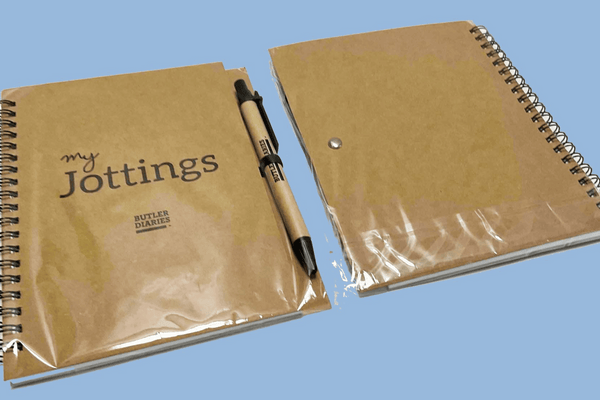
What's the role of Jottings in ECEC?
In Early Childhood Education and Care (ECEC), jottings play a crucial role as a form of observation and documentation. Jottings are concise, brief notes or records made by educators to capture significant moments, behaviours, or interactions of children in their care. These observations are integral to the EYLF, as they support the principles and practices of the framework, emphasising the importance of understanding and responding to children's interests, strengths, and learning styles. -
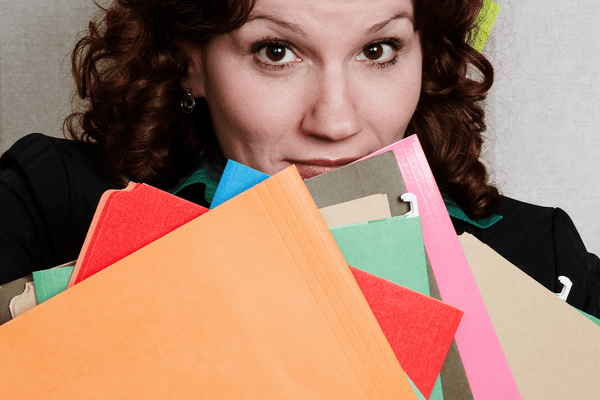
Diving into the Role of an Early Childhood Educator
In the world of Early Childhood Education and Care (ECEC), the role of an Early Childhood Educator is pivotal. These professionals play a crucial part in laying the foundation for a child's lifelong learning journey. With meticulousness and dedication, they create a nurturing environment where children can grow, learn, and develop to their fullest potential. -
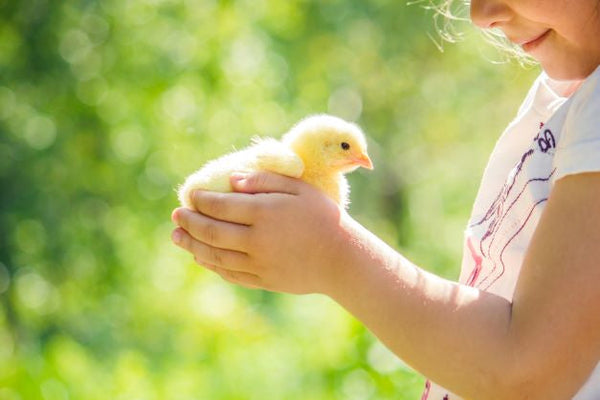
What Children Can Learn From Chickens In Early Childhood and How to Include Them in Your Centre
The thought of keeping chickens in your childcare centre or kindergarten might seem like a crazy idea. After all, chickens are big and noisy, right? Wrong! Chickens are actually fantastic educational pets that can be trained to behave in certain ways at the sound of your voice. They can even be litter trained! Here’s how chickens in early childhood can teach children important lessons about responsibility, nutrition, and empathy. -

EYLF Activities to Develop Gross Motor Skills 0-5 Years
In the first two years of life, children are rapidly developing their gross motor skills. Here are some activities tailored to 0-5 year olds that are linked to the Early Years Learning Framework. -
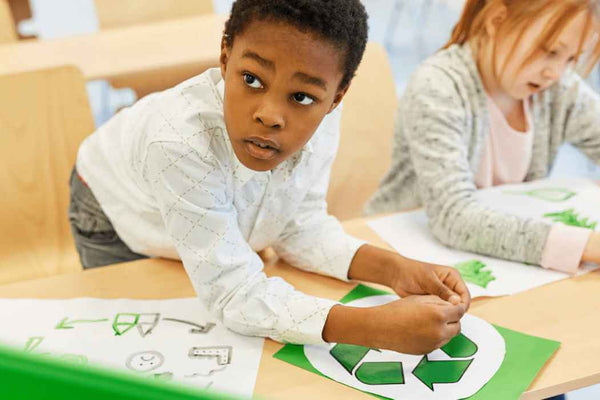
Nurturing Young Minds: Challenges of Teaching Sustainability in ECEC Programs
Early Childhood Education and Care (ECEC) plays a pivotal role in shaping young minds and fostering lifelong learning. One of the critical lessons we aim to instill in our young learners today is the importance of sustainable practices. However, integrating sustainability into ECEC programs comes with its own set of unique challenges. -

The Crucial Roles of Directors and Nominated Supervisors in Early Childhood Education and Care
In the intricate landscape of Early Childhood Education and Care (ECEC), the roles of Directors and Nominated Supervisors are of paramount importance. These professionals serve as the linchpin of quality, compliance, and excellence in a field that revolves around nurturing young minds. In this article, we will delve into the responsibilities and significance of Directors and Nominated Supervisors. -

Linking EYLF and MTOP Practices to Theorists
Here's another quick reference guide. This time to help you link the EYLF and MTOP practices with Theorists in Early Childhood Development. Perfect for your programming, reflections, and learning stories!
-
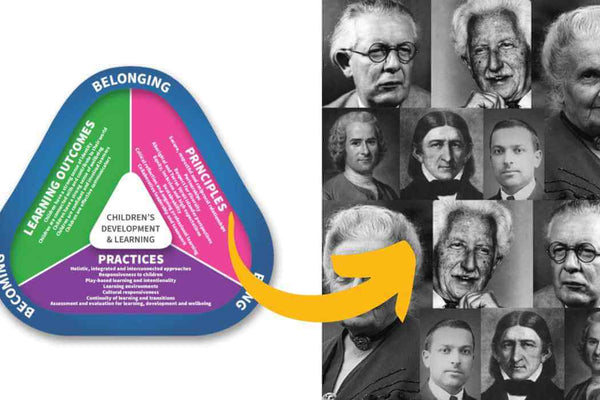
Linking EYLF and MTOP Principles to Theorists
Here is a quick reference guide to help you link the EYLF and MTOP principles with Theorists in Early Childhood Development. Perfect for your programming, reflections, and learning stories!
-

Digital vs. Paper: What's Right for your Service?
The question of sustainability in Early Childhood Education and Care (ECEC) is more relevant now than ever. We were recently asked, "Wouldn’t it be more sustainable on digital media rather than all that paper?" It's an important question, and one that deserves a nuanced answer.
It's no secret that digital platforms have made significant inroads in various sectors, including education. But what is truly better for your service? This reflective article will help you decide.













































